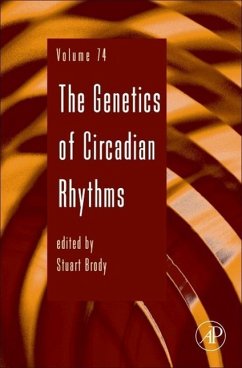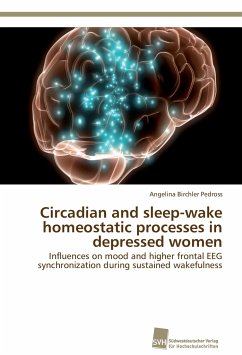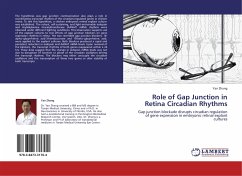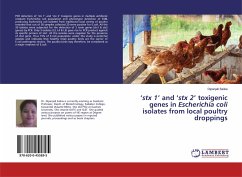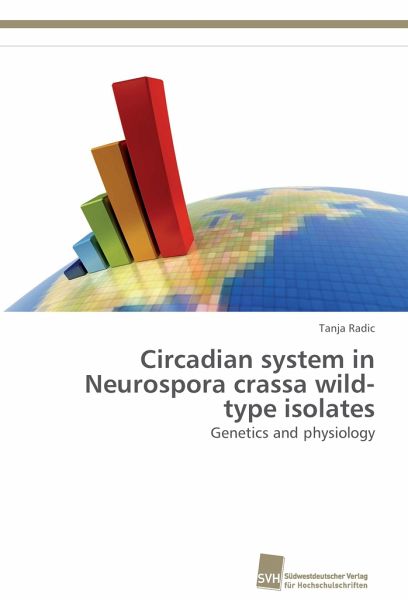
Circadian system in Neurospora crassa wild-type isolates
Genetics and physiology
Versandkostenfrei!
Versandfertig in 6-10 Tagen
36,99 €
inkl. MwSt.

PAYBACK Punkte
18 °P sammeln!
Biological rhythms, as a result of the interplay between endogenous clocks and the environment, are very important properties of almost all organisms. The environment changes according to the time of day and year, creating therefore temporal information to the organisms. Such temporal information is registered by the clock, which "tells" the organism when to make use of the favorable season, when to avoid the effects of the unfavourable season. The changing of season is predictable at any given latitude. Hence, it is not surprising that a wide variety of organisms of all phyla use day length t...
Biological rhythms, as a result of the interplay between endogenous clocks and the environment, are very important properties of almost all organisms. The environment changes according to the time of day and year, creating therefore temporal information to the organisms. Such temporal information is registered by the clock, which "tells" the organism when to make use of the favorable season, when to avoid the effects of the unfavourable season. The changing of season is predictable at any given latitude. Hence, it is not surprising that a wide variety of organisms of all phyla use day length to anticipate the changing seasons to adjust their behaviour, development and reproduction. Understanding how the clock behaves at different latitudes provides a mean to understand the mechanism of geographical adaptation. The aim of this thesis was to see whether differences in circadian phenotype and genetics of wild-collected isolates of Neurospora crassa correspond to their geographical location and, more specially, whether they show a latitudinal cline.



